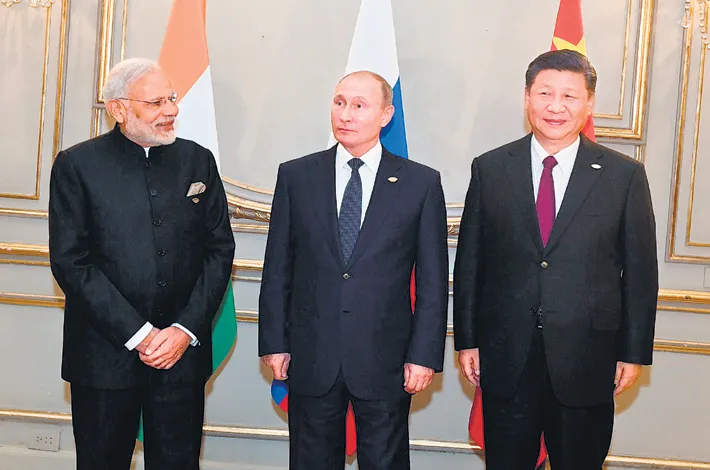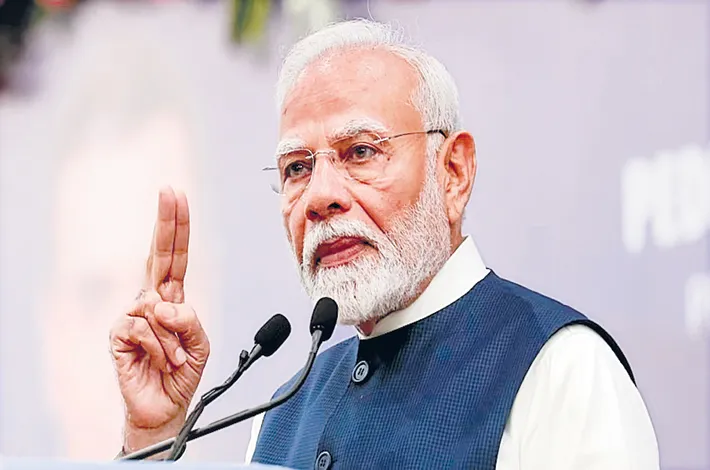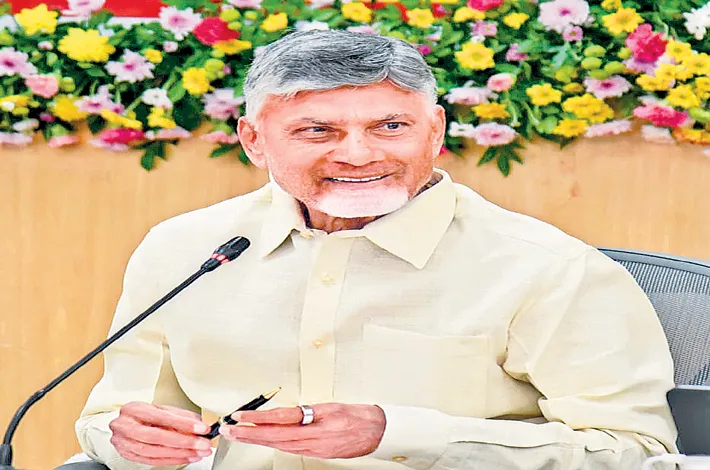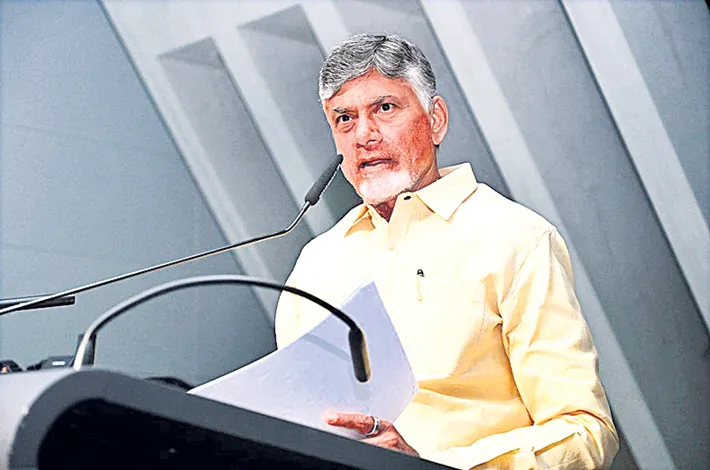India-China-Russia alliance: Can it take on the ‘big bother’
31-08-2025 12:00:00 AM

- The SCO Summit taking place in Tianjin in China is expected to address critical regional issues, with trade and economic cooperation taking centre stage.
- Prime Minister Modi’s meeting with China President Xi Jinping marks an important moment in India-China relations, which have been frosty since the 2020 Galwan clash, a provocation attributed to China.
- The India-China dialogue is also seen as a signal to the United States, particularly the administration of President Donald Trump, that India has multiple strategic partners and will not be dictated to.
- Equally significant is Modi’s meeting with President Putin, which underscores India’s continued engagement with Russia despite Western criticism. The U.S. has expressed discomfort with India’s ties to Russia, labelling them as alignment with “authoritarians.” However, India’s outreach is a deliberate assertion of its economic and territorial autonomy.
- A section of the Russian Media view the SCO as a viable counter to Western-dominated global affairs while others argue it lacks cohesion due to China’s dominant influence and the China-Pakistan strategic alliance, which complicates India’s position.
In a significant diplomatic move, Indian Prime Minister Narendra Modi arrived in Tianjin, China to attend the Shanghai Cooperation Organisation (SCO) Summit. The port city will host a series of high-stakes bilateral meetings, including discussions with Chinese President Xi Jinping and Russian President Vladimir Putin, alongside the main summit on Monday. The SCO Summit, a gathering of member states including India, China, Russia, and others, is poised to address critical regional issues, with trade and economic cooperation taking centre stage. However, the summit also brings the possibility of an awkward encounter with Pakistan’s representative, whose identity remains unconfirmed, adding a layer of complexity given the strained India-Pakistan relations. Prime Minister Modi’s meeting with President Xi Jinping marks a pivotal moment in India-China relations, which have been frosty since the 2020 Galwan clash, a provocation attributed to China. Analysts describe this engagement as a cautious warming rather than a full reset.
A strategic experts affair noted that the conversation between the dragon and the elephant will focus on geoeconomic aspects rather than geopolitics, where a deep trust deficit persists. Expectations are tempered, with potential Memorandums of Understanding (MOUs) and trade initiatives likely, but no major breakthroughs anticipated due to unresolved border disputes and differing geopolitical outlooks. The India-China dialogue is also seen as a signal to the United States, particularly the administration of President Donald Trump, that India has multiple strategic partners and will not be dictated to. A senior official at the Centre for Policy Research in Delhi emphasized that New Delhi aims to stabilize ties with Beijing to make them more constructive, thereby asserting its “strategic autonomy” to formulate its own foreign policy not dictated by anyone.
India-Russia Talks: A Message of Economic Autonomy
Equally significant is Modi’s meeting with President Putin, which underscores India’s continued engagement with Russia despite Western criticism. The U.S. has expressed discomfort with India’s ties to Russia, labelling them as alignment with “authoritarians.” However, India’s outreach is a deliberate assertion of its economic and territorial autonomy. Discussions may focus on increasing trade between New Delhi and Moscow, with India potentially nudging Russia toward a peaceful resolution to the Ukraine crisis, a move that could align with global peace efforts while serving India’s interests. The SCO, comprising 10 member states and representing nearly half the world’s population and a quarter of global GDP, is a platform for dialogue among nations with diverse and sometimes conflicting interests. A section of the Russian Media view the SCO as a viable counterweight to Western-dominated global frameworks while others argue it lacks cohesion due to China’s dominant influence and the Sino-Pakistan strategic all
A Signal to the West
Modi’s participation in the SCO Summit, coupled with his bilateral, is a clear message to Washington: India will pursue its strategic interests independently. The U.S., under Trump, has imposed tariffs and sanctions on India, pushing New Delhi to strengthen ties with China and Russia. As some diplomats noted, “The lack of strategic clarity in Washington is apparent, driven by narrow commercial considerations rather than a grand strategy.” This dynamic positions the SCO Summit as a platform for India to assert its diplomatic leverage, potentially reshaping global engagement rules.








